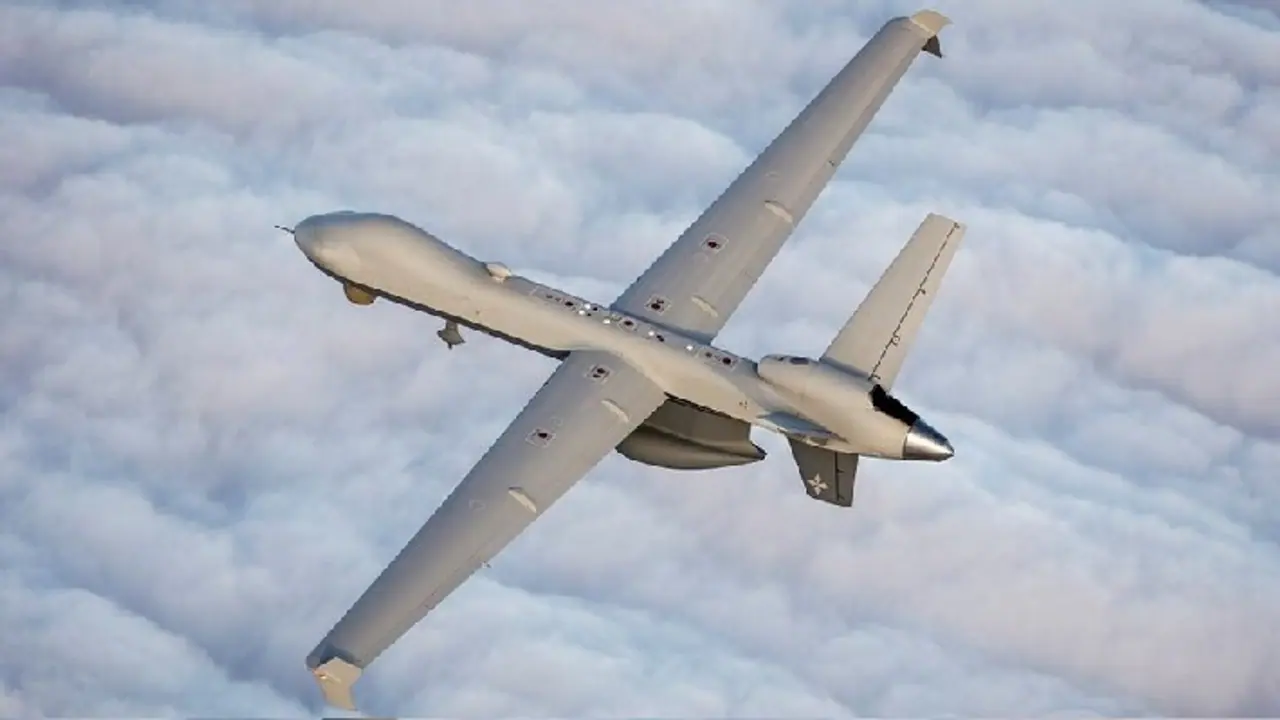The United States government has approved the sale of 31 MQ-9B Remotely Piloted Aircraft (RPA) to India, along with related equipment, for an estimated USD 3.99 billion. Despite initial concerns and reports of a potential hold by lawmakers, the deal received approval from the Congressional Foreign Affairs Committee.
In a significant development, the United States government has given its approval for the sale of 31 MQ-9B Remotely Piloted Aircraft (RPA) and related equipment to India, marking a strategic move in defense collaboration. The deal, estimated at USD 3.99 billion, is set to strengthen the US-Indian strategic relationship, despite initial concerns raised by lawmakers, including Indian-American legislators.

Sources from the defense and security establishment revealed that the Congressional Foreign Affairs Committee granted approval for the deal after addressing questions raised by some lawmakers. Earlier reports had suggested a potential halt to the sale due to ongoing investigations into a conspiracy related to pro-Khalistani terrorist Gurpatwant Singh Pannun on US soil.
Contrary to speculation, the Defense Security Cooperation Agency (DSCA) swiftly provided the required certification to Congress just a day after reports of a possible disruption. US officials acknowledged the routine consultation with Congress members, emphasizing the deal's alignment with broader geo-political goals.
The proposed sale includes 31 MQ-9B drones, armed with Hellfire air-to-ground missiles and smart bombs, enhancing India's capabilities for unmanned surveillance and reconnaissance patrols in sea lanes of operation. The Defense Security Cooperation Agency stated that the sale supports US foreign policy and national security objectives by strengthening the strategic relationship with India, a vital force for political stability, peace, and economic progress in the Indo-Pacific and South Asia region.
This approval follows India's procurement of S-400 Triumf air defense systems from Russia in 2018, despite reservations in the U.S. Congress and the executive branch. Indian officials remained optimistic about the MQ-9B deal, emphasizing the mutual benefits and respecting Washington's processes.
General Atomics, based in California and the principal contractor for the deal, is expected to play a crucial economic role, a factor not overlooked by the large congressional delegation from the state. The Indian defence ministry had initiated the acquisition process with a detailed Letter of Request (LoR) before the meeting between President Biden and Prime Minister Modi in September 2023.
After the notification to the US Congress, the Biden administration is set to issue the Letter of Acceptance (LoA) to India within a month. Final cost negotiations will precede the formal contract, contingent on approval from the Indian cabinet committee on security.
The deal involves the assembly of the MQ-9Bs in India by General Atomics over the next six to seven years, coupled with the establishment of a comprehensive global maintenance facility in the country. The MQ-9Bs are poised to significantly enhance India's long-range surveillance and precision strike capabilities, both in the Indian Ocean Region and along the land frontiers with China and Pakistan.
